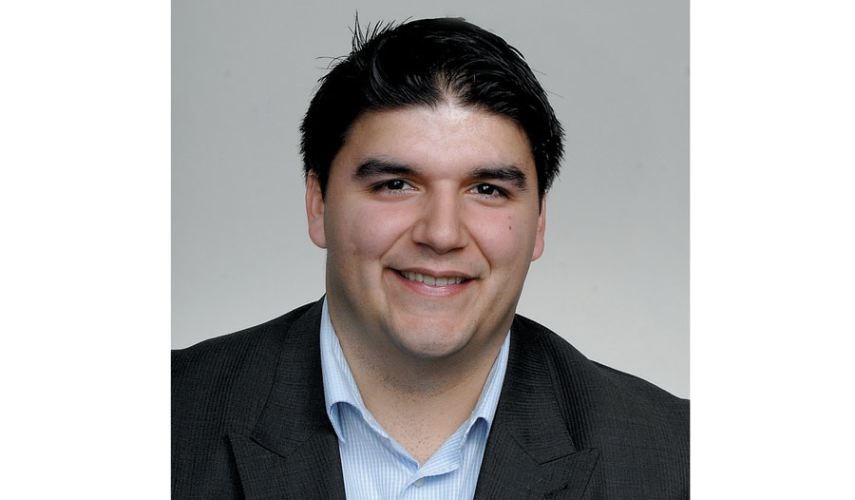Across America, everyone is up in arms about the issue of gun control again. It's understandable, given the tragedy that occurred in San Bernardino last week, and of course our hearts and prayers go out to the victims of this terrible crime. But as the calls for stricter gun control begin to echo here in Canada, I'm obliged to point out that Sunday marked 26 years since the Polytechnique Massacre, and the gun laws that resulted from that tragedy are tokenistic bunk.
My use of the word "tokenistic" when describing anti-gun laws in Canada might confuse some readers. Well, what is the definition of this derogatory term? To do something that in outward form signals change, but in actuality makes no meaningful improvement.
And in Canada, there might be no better example of this exact kind of political hypocrisy than our anti-gun laws.
Not a single anti-gun law passed since Polytechnique has increased public safety. In fact, no anti-gun law in this country has ever increased public safety, a thesis that was heartily proven by Dr. Caillin Langmann in his peer-reviewed research into government waste. The good doctor was looking into why the government couldn't afford to buy his hospital the equipment it needed, and ended up exposing the firearms regulation regime for the colossal failure it was.
Billions of dollars have been lost and hundreds of law-abiding citizen's lives irreparably harmed by draconian anti-gun laws in Canada, and to what end? Our regulatory regime has not kept Parliament from being attacked, policemen from being targeted, nor innocent bystanders from being harmed.
In fact, the Firearms Act's greatest accomplishment has been to discipline those who would defend themselves by making self-defence with a weapon effectively criminal.
What ought to have happened in the wake of Polytechnique, and what must happen in America in the wake of San Bernardino, is a national conversation about how to help citizens defend themselves, not disarm themselves. Firearms need to be treated as what they are: potentially lethal tools that can spell enjoyment or security in one person's hands, or death and destruction in another's. And it's up to us to get as many good people armed as possible.
As a final thought, if you're still unconvinced, I would invite you to imagine being mortally wounded in a public place, hearing the sounds of panicked people all around you, and the echo of gun shots.
As things fade to black, you might very well think of your family, or say a final prayer, but one thing is certain: you won't be glad you and the people around you are unarmed.



